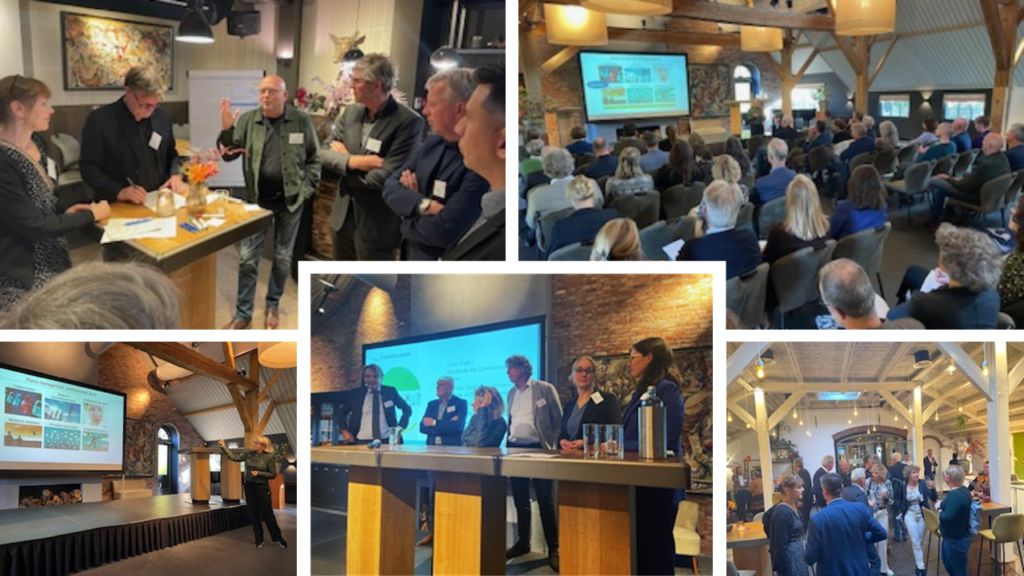Our customer awareness

At the RvA, we are critical of what we do. It gives us insight into what we can improve. That is why we are always in conversation with representatives of our customers and stakeholders.
In 2024, the RvA had two consultations with the representatives of our customers in the User Council. The connection with the User Council has been strengthened by more in-depth discussions. We speak with them about key performance indicators, for example for processing times. We also exchange experiences and knowledge about developments in the market.
The User Council considers efficiency important and questions the RvA in a constructively critical manner regarding this. Topics such as an assessment programme, the labour market, the application of non-harmonised standards, sustainability, information security and meetings are discussed. The RvA also informs the User Council about the implementation of digitalisation and performance. The User Council has given a positive opinion on the rates in 2025.
This year, the theme of the Strategic Advice Forum was ‘Risk Management in Accreditation’. There was great interest from customers, stakeholders and other interested parties. After an opening by the chair, Prof. Mariëlle Stoelinga gave an introduction on risk management.
Numerous in-depth discussions have been held about how the RvA can apply risk-driven management more in assessments and which social factors are important in this regard. During the meeting, it also emerged that our customers and stakeholders find it a common interest to implement risk-driven management and to apply it effectively. The discussions provided valuable input to the RvA.
The Information-driven Working programme is also related to this topic. It is also a building block for the further development of our vision for risk-driven accreditation. In 2025, this will first be followed up internally for us.

It is important that the RvA is impartial in its actions. The involvement of stakeholders in the process for ensuring this impartiality is in line with the standard ISO/IEC 17011, which the RvA must comply with.
Under the leadership of the Vice-Chair of the RvA’s Board of Supervisors the eight participants of the Impartiality Consultation, who are representatives of the RvA’s stakeholders, discussed a risk analysis drawn up by the management about the impartiality of the RvA.
The formation of and the methodology behind the risk analysis were tested in advance by an independent external auditor.

The RvA has been active abroad for many years. This is in line with our ambition to play a meaningful role on the international accreditation stage. In addition to membership of the European co-operation for Accreditation (EA), the RvA is involved in assessments in various countries. For example, we receive requests from clients in Japan, Kenya and Rwanda. In addition, we contribute to the international policy development of accreditation, such as harmonisation.
The RvA contributes to strengthening the organisational development of various European accreditation bodies. We do this from the standpoint that accreditation as an instrument remains relevant and future-proof. For this, the organisational development of accreditation bodies as a whole needs a boost at European level.
The RvA is part of the quality infrastructure, along with the Dutch Standardisation Institute NEN and the companies that test, inspect and certify. These institutions and businesses are largely represented in two trade associations: Fenelab (Federation of the Dutch Associations of Laboratories and Inspection Institutions) and NVCi (Dutch Association of Certification Bodies).
In addition to technical and policy-related consultations, the RvA’s Executive Board conducts more management-oriented consultations with the executive boards of Fenelab, the Association of Scheme Owners and NVCi. We also maintain a relationship with the Van Swinden Laboratory (VSL), which is not only accredited, but also a partner as a national metrology institute within the Dutch quality infrastructure. We find the consultations very useful because the right topics are brought up time and time again.